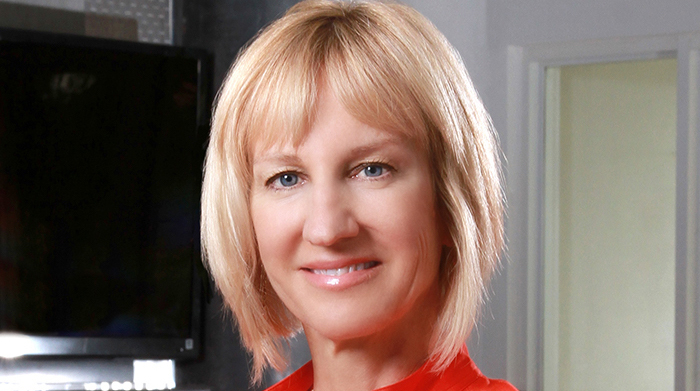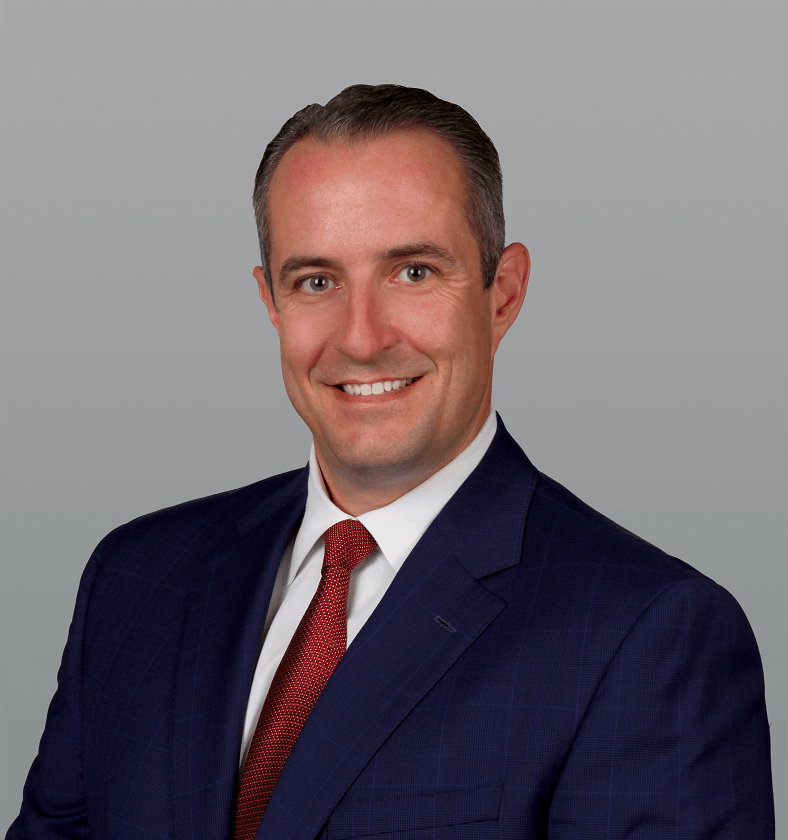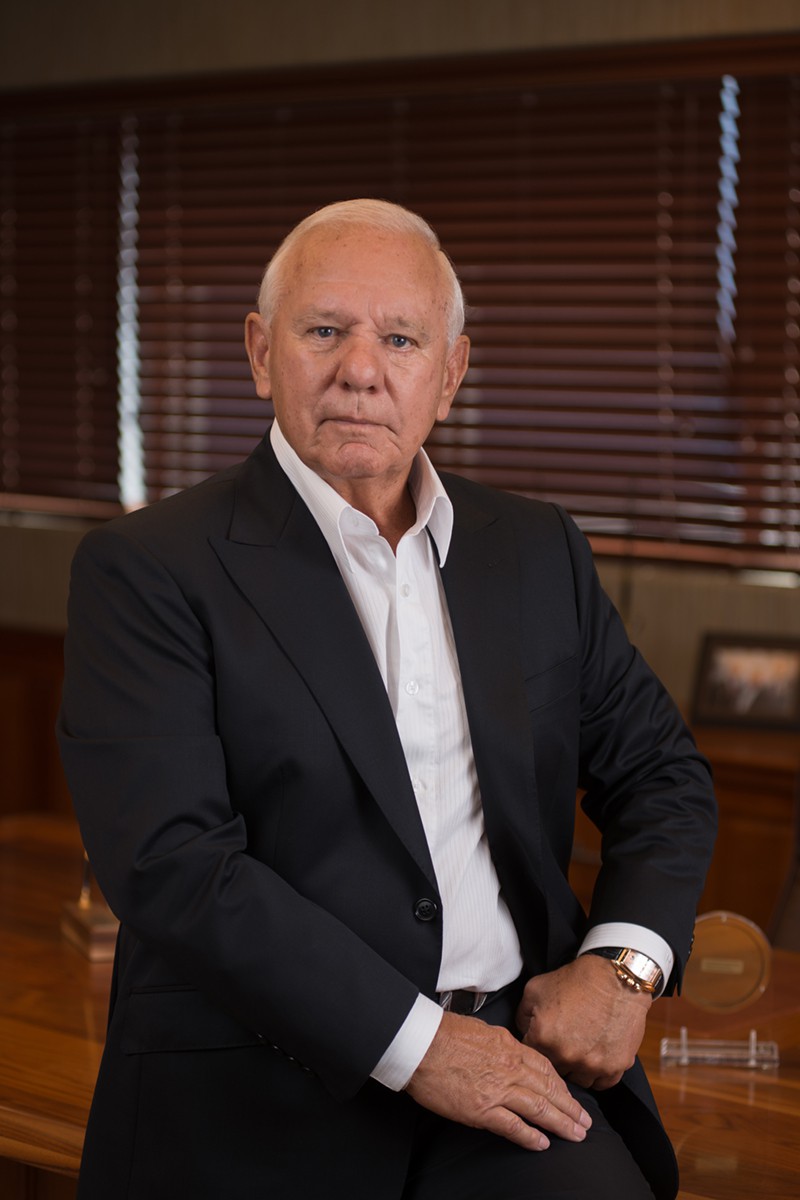By Julie Neitzel
Many investors are not aware that the financial services industry operates under two main standards of care: suitability and fiduciary.
Depending on which of these two operating standards applies, an advisor may be allowed to recommend investments with poor performance records, or those that pay the advisor and his firm high commissions and fees; these recommendations primarily benefit advisors, their firms and the money managers – not the investor. Adding to the confusion, the title of “advisor” is broadly used in the financial industry. It’s difficult to tell if a representative is a broker or a financial product company agent governed by the more permissive suitability standard, or an advisor operating under a fiduciary standard.
Identifying whether a fiduciary or a suitability standard applies can be difficult since large financial organizations operate broker-dealer, trading, investment banking, fee-only and a range of other businesses to which one or both standards may apply. (Fee-only means they are not compensated via commissions.)
This issue has been highlighted recently in the extensive press coverage about the new Department of Labor rule requiring financial advisors who deal with retirement accounts to act in their clients’ best interests under a fiduciary standard. The financial services industry spent millions of dollars lobbying against this standard, primarily because it will decrease revenues for lines of business that are not currently subject to it (the majority of financial industry business).
Acting in a fiduciary capacity is more expensive for financial service companies. In the past few years, a number of marquee names have resolved allegations of breaching their fiduciary duties by paying settlements totaling in the billions and disclosing certain conflicts of interest with their clients – including recommending their clients buy their proprietary higher fee mutual and hedge funds.
How do these different operating standards affect clients? Stockbrokers or agents who work for companies that distribute financial products typically are held to a lower standard known as “suitability.” In layman’s terms, a financial product may be sold to investors as long as it’s generally suitable for a certain class of investors based on a clients’ financial status, tax status and investment objectives – even if there are lower cost and significantly better-performing comparable investments. As a general matter, the suitability standard allows brokers or advisors to recommend products to clients that are in the best interests of their firms, rather than in the best interests of their clients.
By comparison, fiduciary advisors are required to put clients’ best interests first, including instances regarding investment costs. Typically, a fiduciary advisor’s sole source of compensation is a fee paid by the client for investment advice. These are known as “fee-only” advisors. Note, however, this too can be confused, since some brokers may charge a fee as well as accept commissions and categorize themselves as “fee-based.”
Most clients hope their investment professionals have their best interests at heart, regardless of the firm’s operating model. Nonetheless, it’s important to ask the right questions to determine where your advisor’s duty of loyalty lies: with you or with his firm.
These questions may include: Do you have a legal obligation to act in my best interests? Do you (or your firm) receive any compensation for my account other than the fees I pay you?
Additionally, public resources like FINRA’s online BrokerCheck system are available to check advisor and broker backgrounds to determine if there has been any misconduct reported. Not every advisor truly has the clients’ best interest at heart, but if you work with an advisor who operates under a fiduciary standard, you should get investment advice and not product sales, and your interests are required to be put first. ↵
Julie Neitzel is a partner and advisor with WE Family Offices in Miami and a board member of the Miami Finance Forum. Contact her at julie.neitzel@wefamilyoffices.com or 305.825.2225.
















